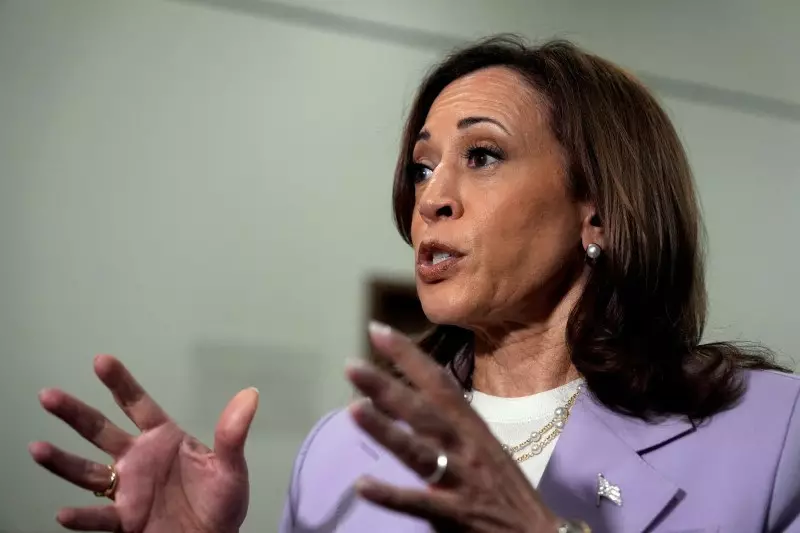During a recent press conference in Phoenix, Arizona, U.S. Vice President Kamala Harris made it clear that she values the independence of the Federal Reserve and would never seek to interfere with its decision-making process, even if she were to win the upcoming presidential election. This stance sets her apart from former President Donald Trump, the Republican nominee, who has expressed a desire for more presidential influence over the actions of the central bank.
Harris, who became the Democratic Party’s official presidential nominee just last week, shared her plans to unveil her policy positions in the coming days, with a specific emphasis on addressing issues within the U.S. economy. She highlighted the importance of lowering costs and bolstering the overall strength of the economy as key priorities for her campaign.
The recent increase in the U.S. unemployment rate for July caused significant turmoil in global stock markets, leading to concerns about a potential recession and how the Federal Reserve would respond to such economic challenges. Harris acknowledged the market volatility but expressed confidence in the Fed’s ability to make informed decisions moving forward.
Trump’s Stance on Fed Independence
In contrast to Harris’s approach, former President Trump has been vocal about his belief that the president should have a greater influence on Federal Reserve decisions. Trump’s comments during a recent press briefing at his Mar-a-Lago residence suggested a willingness to infringe on the central bank’s independence if given the opportunity for a return to the White House.
Challenges to Fed Autonomy under Trump
Reports earlier this year indicated that Trump’s allies have been developing proposals aimed at reducing the Federal Reserve’s independence, a move that could have significant implications for the central bank’s operations. With current Fed Chair Jerome Powell set to serve until May 2026, the potential for changes in the Federal Reserve’s structure remains a topic of concern for many economists and financial experts.
As the presidential campaign continues to unfold, the relationship between the White House and the Federal Reserve is likely to be a key issue for voters to consider. The contrasting perspectives of Vice President Harris and former President Trump underscore the importance of understanding the implications of presidential influence on economic policy and the autonomy of critical financial institutions like the Federal Reserve.

